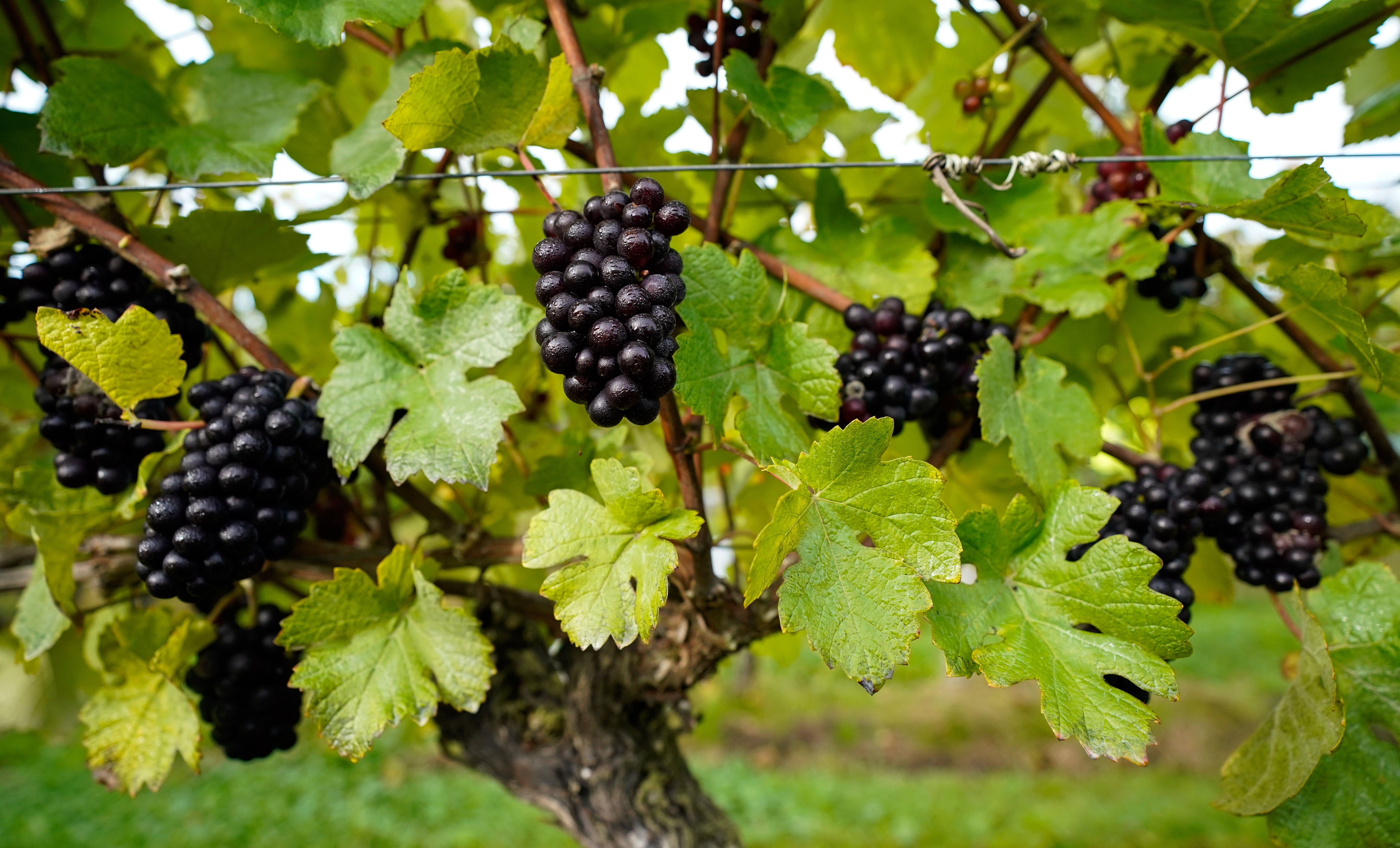Eating grapes ‘can help stop sunburn’
Scientists found people who ate two-and-a-quarter cups full of the fruit every day for two weeks were better protected against damage from ultraviolet light

Your support helps us to tell the story
From reproductive rights to climate change to Big Tech, The Independent is on the ground when the story is developing. Whether it's investigating the financials of Elon Musk's pro-Trump PAC or producing our latest documentary, 'The A Word', which shines a light on the American women fighting for reproductive rights, we know how important it is to parse out the facts from the messaging.
At such a critical moment in US history, we need reporters on the ground. Your donation allows us to keep sending journalists to speak to both sides of the story.
The Independent is trusted by Americans across the entire political spectrum. And unlike many other quality news outlets, we choose not to lock Americans out of our reporting and analysis with paywalls. We believe quality journalism should be available to everyone, paid for by those who can afford it.
Your support makes all the difference.Eating grapes can help stop people from getting sunburn, according to a new study.
Scientists found people who ate two-and-a-quarter cups full of the fruit every day for two weeks were better protected against damage from ultraviolet light.
Natural components found in grapes, called polyphenols, are thought to be responsible for these beneficial effects.
Around a third of the study participants had some resistance to ultraviolet light after eating grapes.
Around 10 per cent of them still had some resistance after they stopped eating grapes for four weeks, suggesting some people build up resistance to sunburn after eating grapes.
The same three metabolites, or molecules produced by the body, in urine were depressed in the group who had developed resistance to ultraviolet light.
One of these, called 2’-deoxyribose, is a particularly strong indicator of reduced sun damage.
Lead study author Professor John Pezzuto, of Western New England University in the US, said: “Let thy food be thy medicine and medicine be thy food’ dates back to the time of Hippocrates.
“Now, after 2500 years, as exemplified by this human study conducted with dietary grapes, we are still learning the reality of this statement.”
Earlier research has suggested grapes help stop sunlight from damaging people’s skin, which the new study builds on.
For the new study, researchers recruited 29 people and fed them two and a quarter cups full of grape powder for two weeks.
Their skin response to ultraviolet light was measured before and after eating grapes for two weeks by working out the amount of ultraviolet radiation that caused visible reddening after 24 hours.
The team also analysed participants’ gut, blood samples and urine samples.
More than 210,000 cases of non-melanoma skin cancer and around 16,000 cases of the more deadly melanoma are diagnosed in Britain each year.
Rates of skin cancer are increasing faster than any other cancer in the UK, with figures doubling every 10 to 20 years.
Most skin cancer cases are linked to ultraviolet radiation from the sun and around 90 per cent of skin ageing is caused by the sun.
The findings were published in the journal Antioxidants.



Join our commenting forum
Join thought-provoking conversations, follow other Independent readers and see their replies
Comments